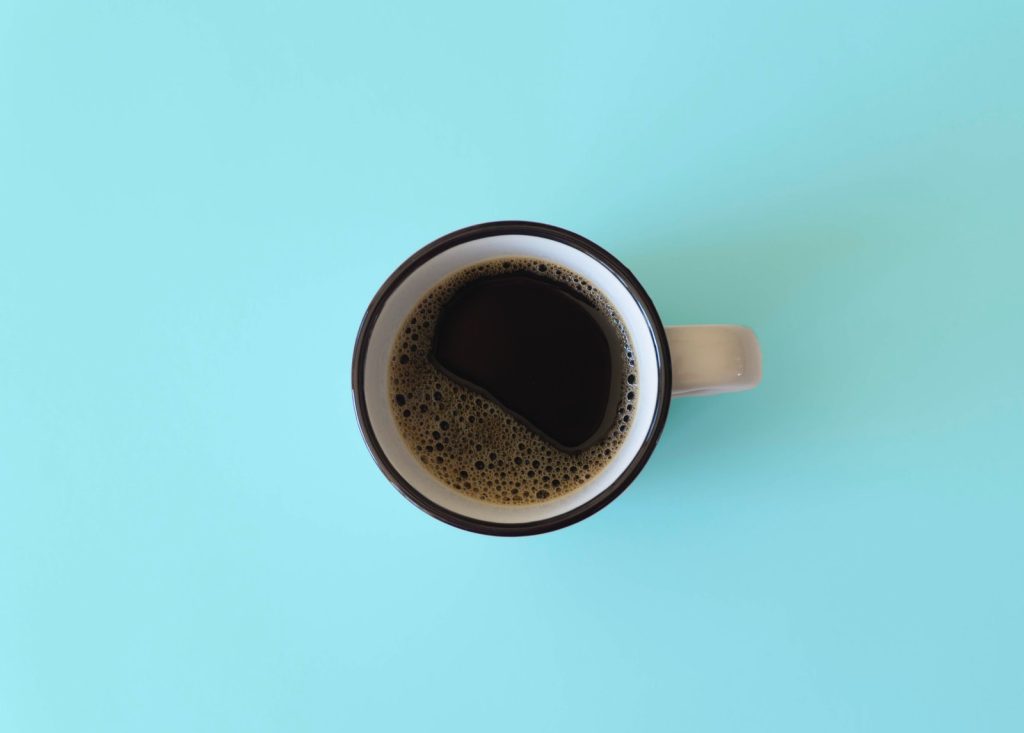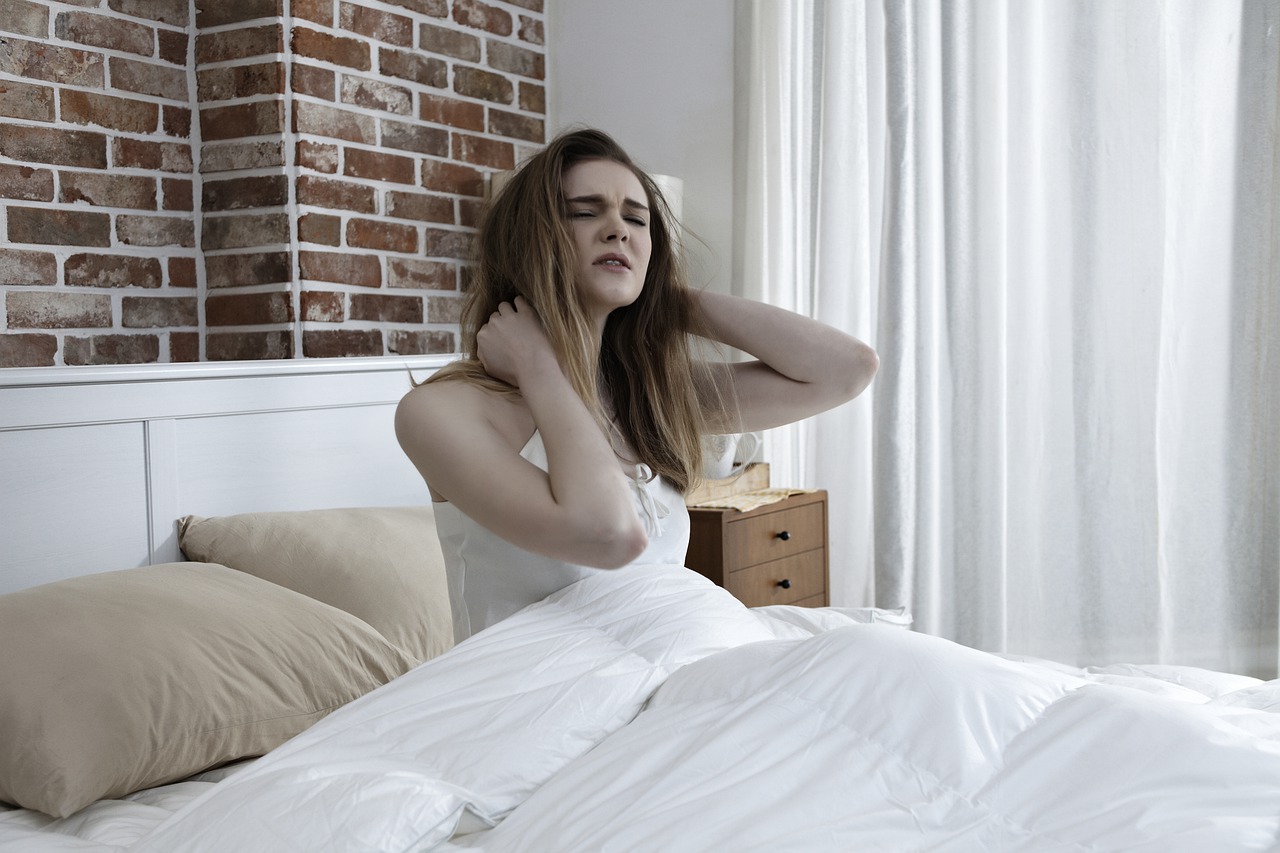Table of Contents
Why do I wake up feeling sick after a nap?
We’ve all been there – you take a nap, but instead of feeling refreshed you feel groggy and even more tired than before.
Why does this happen?
Why do I feel sick after a nap?
When you feel sick in the morning it is called sleep inertia which is a state of grogginess and disorientation. It is caused by the body’s natural response to the sudden interruption of sleep, which is to enter a state of confusion and disorientation – according to Lynn M. Trotti, MD, MSc researcher.
What is Sleep Inertia?
Sleep inertia is the feeling of grogginess, disorientation, drowsiness, and cognitive impairment that follows waking immediately. The symptoms are most noticeable upon waking and slowly decrease over time.
The most common symptoms of sleep inertia are grogginess and a desire to fall back asleep. Sleep inertia also impairs cognitive ability, visual attention, spatial memory, and the “desire” to fall back asleep. Preventing sleep inertia can help maintain a healthy sleeping pattern.
Waking up from a nap
According to the study titled “Waking up is the hardest thing I do all day: Sleep inertia and sleep drunkenness” by Lynn Marie Trotti, MD, MSc sleep inertia can last anywhere from a few minutes to a few hours, and it’s most intense during awakenings from the biological night. Sleep inertia is normal, but it can be amplified by certain factors, like sleep deprivation or taking naps too long, without setting an alarm.
What are the common symptoms of sleep inertia?
Sleep inertia is a groggy, disoriented feeling that can last for a few minutes to a few hours after waking up. Some common symptoms of sleep inertia are:
- Feeling disoriented or confused
- Having trouble thinking or focusing
- Feeling tired or drowsy
- Having a headache
- Feeling grumpy or irritable
- Feeling gross
How is Sleep Inertia diagnosed?
Sleep Inertia is not something which needs to be diagnosed or treated. It could be because you’re dehydrated, or because you overdid it on caffeine before your nap. But if you’ve been feeling sick for an extended period of time after napping, it’s possible that you have sleep apnea.
What are the causes of sleep inertia?
While the cause of sleep inertia is unknown, researchers have a few hypotheses. One possibility is that it’s a protective mechanism against unwanted wakings during the night. Another hypothesis suggests that sleep inertia is caused by the body trying to adjust to new sleeping patterns.
Whatever the root cause may be, one thing is for sure: sleep inertia impacts the safety and wellness of people who work long hours or shift work schedules. According to The Sleep Foundation, employees in the United States engage in shift work, which can lead to a decrease in cognitive alertness and performance. This puts workers at risk for accidents on the job as well as decreased productivity.
It’s important for everyone to get enough sleep, but especially those who work long hours or irregular shifts. Learning about the causes, symptoms, and diagnostic process of sleep inertia can be beneficial in ensuring safety at work and home.
How can you prevent sleep inertia from occurring?
There are a few things you can do to prevent sleep inertia from occurring:
- Get a good night’s sleep.
- Avoid caffeine and alcohol before bed.
- Make sure your sleeping environment is dark and quiet.
- Establish a regular sleep schedule.
Without enough sleep, we’re not healthy. The most significant decrease in cognitive alertness and performance happens to medical interns and residents who work on rotating shifts. Manage your time. If you know you have to wake up early, try going to bed earlier so your body has time to adjust. Avoid caffeine and alcohol before bed . These substances can make it harder for you to fall asleep and stay asleep. Use bright light exposure therapy in the morning. This will help reset your body’s natural clock and reduce feelings of grogginess.
What are the treatments for feeling sick after a nap?
There is no evidence-based treatment guidance for sleep drunkenness. If sleep inertia does occur, one option is to try to get back to sleep as soon as possible.
Drink a coffee
If you experience sleep inertia after napping for less than 30 minutes, drinking caffeine may help you feel more alert. However, it’s important to be aware that too much caffeine can actually have negative impacts on your sleep. See how to fall asleep after drinking coffee.

Adjust the lights and Temperature
You can also try adjusting the light in your environment. Exposure to artificial light later in the day can disrupt your sleep due to disruption of your circadian rhythm. Keeping your sleep and wake cycles in line with the natural rise and fall of the sun may reduce “sleep inertia”. Imagine for example being an airplane pilot with jet lag all day. Not funny.
A room darkening curtain can help block out light and allow for a more restful sleep. Additionally, keeping the temperature in your bedroom cool will help prevent fatigue during summer months. Sleeping on the floor comfortable could cooler your body well enough. Taking your bra off at night could be healthy and sleeping without your shirt or naked also helps with cooling down.
Use a smart alarm clock app
If you are feeling sick after a nap, using a smart alarm clock app may be helpful in getting you back into a normal routine. These apps gradually increase levels of light and gentle sounds designed to wake the user gently. Sunrise alarms have gradually increasing levels of light and gentle sounds designed to wake the user gently
Drink fluids before taking a nap
Fluids help to prevent sleep inertia, which is the grogginess and disorientation that often follows a short period of rest or wakefulness.
Avoid caffeine and alcohol before napping
Napping is a great way to recharge your brain and avoid the negative effects of caffeine and alcohol.
Power Naps only
Nap for 20-30 minutes is a recommended way to reduce stress on your body – it is called Power napping and also suggested by NASA for their pilots. In general, napping should be done in the early afternoon, when you are at your peak energy and cognitive performance. You can nap after work or during your worktime as well.
Get out of bed immediately after waking up
As soon as you wake up, get out of bed. It is important that you are not in a groggy state when starting your day.
Take a walk, sleep outside
Additionally, taking a brisk walk outdoors can also help clear the head and increase alertness.
It is suggested to sleep outside sometimes, which improves your whole mental state – you can even sleep outside without a shelter.
How long of a nap is too long?
There is no one-size-fits-all answer to this question, as the length of a nap will vary depending on the person. However, most experts recommend taking a nap for no longer than 30 minutes so that you don’t experience sleep inertia, or the feeling of grogginess that can come after a long nap.
Even NASA found that 26 minute is the perfect nap length for pilots. This type of nap usually leaves people feeling more rejuvenated because it simply doesn’t allow them to enter a deep sleep.
How long is too long for a nap? The answer to this question depends on a variety of factors, including age and sleep habits and your sleep cycle. Generally speaking, it is recommended that adults keep their naps shorter, power naps are recommended. A 3 hours long nap is way too long!
Naps do not count as sleep – in fact they can lead to short-term sleep issues, and chronic sleep problems may occur with long-term use. Chronic sleep problems can lead to some serious health complications.
Is it normal to feel sick after a nap?
If you’re not getting enough quality sleep, you may experience sleep interia after waking up and it’s likely that you’ll feel exhausted and ill. Additionally, if your sleep schedule and sleep cycle is out of whack, it’s more difficult to fall asleep quickly and without feeling sick or tired.
Why do I wake up feeling nauseated?
One possibility is that you experienced sleep inertia-a groggy feeling that can occur when someone wakes up from a deep sleep. Sleep inertia may be caused by the molecule adenosine, which builds up during waking hours and decreases during sleep.
Another possible explanation is that you had too much alcohol before bed. When you drink alcohol, it causes dehydration, which can lead to headaches and nausea the next day. The more alcohol you consume, the worse these symptoms will be.
If napping isn’t for you, work on getting a good night’s sleep instead! Your body and brain will like, no question. Some say you even can meditate instead of sleeping!
Possible Causes of Morning Nausea
Morning nausea can be caused by a variety of factors. One common reason for morning nausea is acid reflux. When stomach acid moves up the esophagus, it can cause discomfort and lead to nausea. Congestion and postnasal drip can also cause morning nausea. Morning sickness often occurs when there is a lot of excitement or stress leading up to the day. Alcohol consumption can also lead to morning nausea
It is possible that you have mild fever. The causes of fever after waking up from a nap can vary. Common causes include overdressing or sleeping with a weighted blanket which is too heavy.
There are many other possible causes of morning nausea, including:
- Digestive issues such as a food sensitivity or intolerance
- Hormonal changes that occur during menstruation and pregnancy
- Emotional stress
- Infections such as the flu, cold, or sinusitis
How can I stop nausea in the morning?
There are many ways that you can stop nausea in the morning. Some people find that drinking a glass of room-temperature water can help, while others find that eating a light breakfast helps the stomach. Some people find that lying down and closing their eyes helps to stop the nausea. Also try to drink a coffee.
When you wake up feeling sick, it can be difficult to get out of bed and start your day. In most cases however, this type of nausea will go away if acted on quickly. However, if the problem and symptoms persist for more than a day or two, it is best to consult with a doctor.
What is Chronotype?
A chronotype is a person’s natural sleep cycle. The chronotype is determined by a number of factors, including age, sex, environment and genetics. Chronotype can help you organize your body’s best sleep schedule.
Can CPAP Water Chamber Residue Lead to Feeling Sick After a Nap?
Using distilled water can help prevent cpap water chamber residue, which can potentially lead to feeling sick after a nap. Regular cleaning and proper maintenance of the CPAP machine and its components, including the water chamber, are essential for a cleaner and healthier sleep therapy experience.
Why Do I Sleep Better On The Couch?
Sometimes sleeping on a couch may be beneficial. For example, if the bed is in a room that is brightly lit then sleeping on a couch in another room may be better for them. Also conditioned insomnia may occur if the bedroom becomes associated with wakefulness.
- 7 Grounding Exercises for Better Sleep Tonight - January 17, 2024
- What Are Grounding's Sleep Benefits? - January 17, 2024
- Maximize Sleep Quality With Seasonal Grounding Strategies - January 17, 2024




